![]()
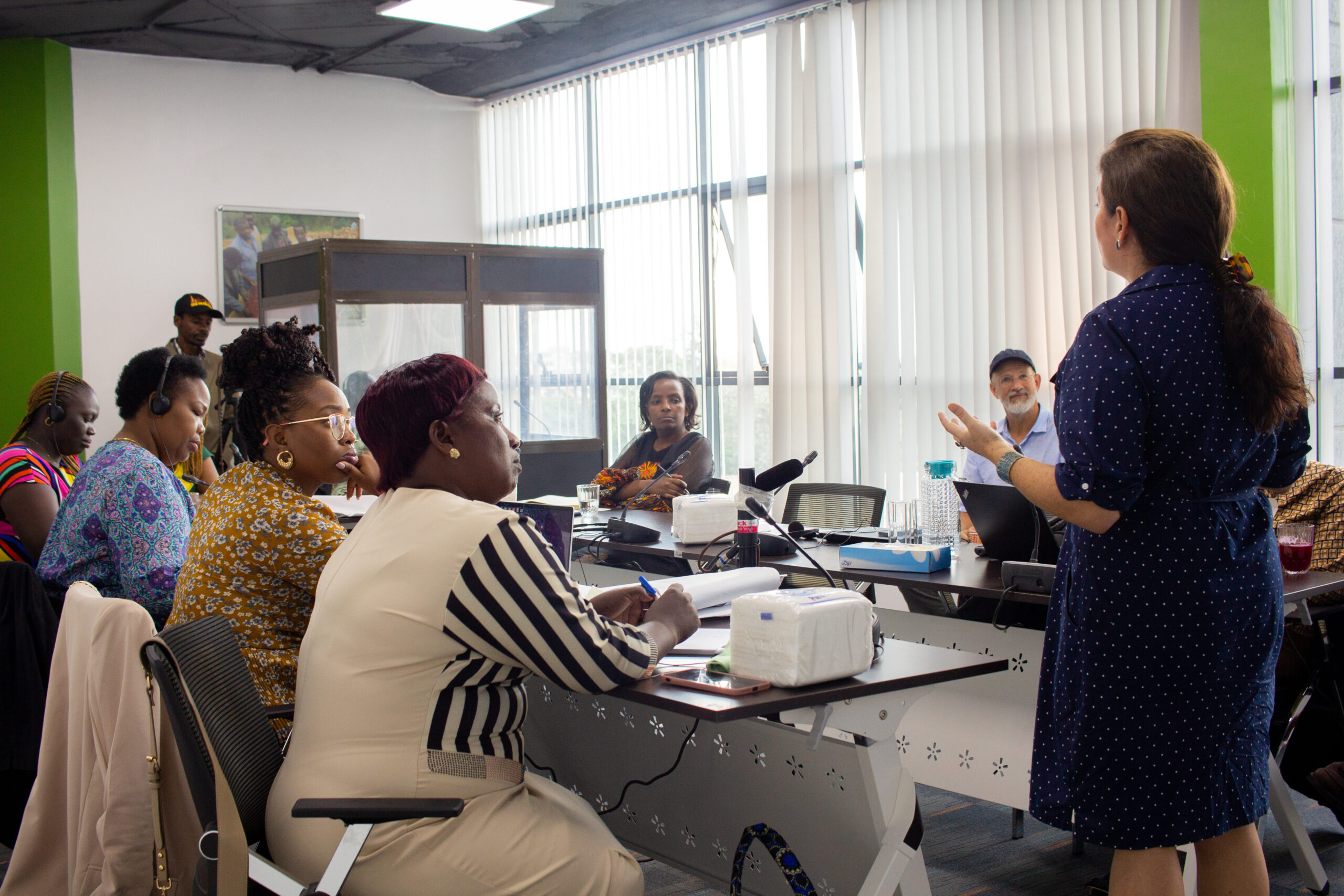 Root Capital staff are joined by the founding members of the Women’s Council at the Nairobi, Kenya Root Capital office in September 2023. Credit for all photos used in this blog: Root Capital.
Root Capital staff are joined by the founding members of the Women’s Council at the Nairobi, Kenya Root Capital office in September 2023. Credit for all photos used in this blog: Root Capital.
In September, Root Capital held a two-day convening in our Nairobi, Kenya office to hear firsthand from five women leaders in agriculture. These invaluable perspectives inform our Women in Agricultural Initiative (WAI), which provides access to finance for women in Latin America, Africa, and Southeast Asia, and promotes gender inclusion in rural communities. Our WAI Director, Leonor Gutiérrez, and Rose Ochieng, our Gender Equity Advisory Service Coordinator, led the convening alongside Root Capital’s CEO and Founder, Willy Foote.
During the convening, we launched our first-ever Women’s Council-a space for women leaders to explore key issues, such as climate change, access to finance, and gender barriers that women working in agriculture face. The founding members include: Portia Gban from Ghana, Mary Muhara from Kenya, Marcelline Budza from the Democratic Republic of Congo, Agnes Mukamushinja from Rwanda, and Josinta Kabugho from Uganda. The women had a dynamic discussion in which they vehemently rejected the idea that agriculture is ‘men’s work’ and recognized women as economic powerhouses in agriculture.
Learn more about each of the founding members’ story below.
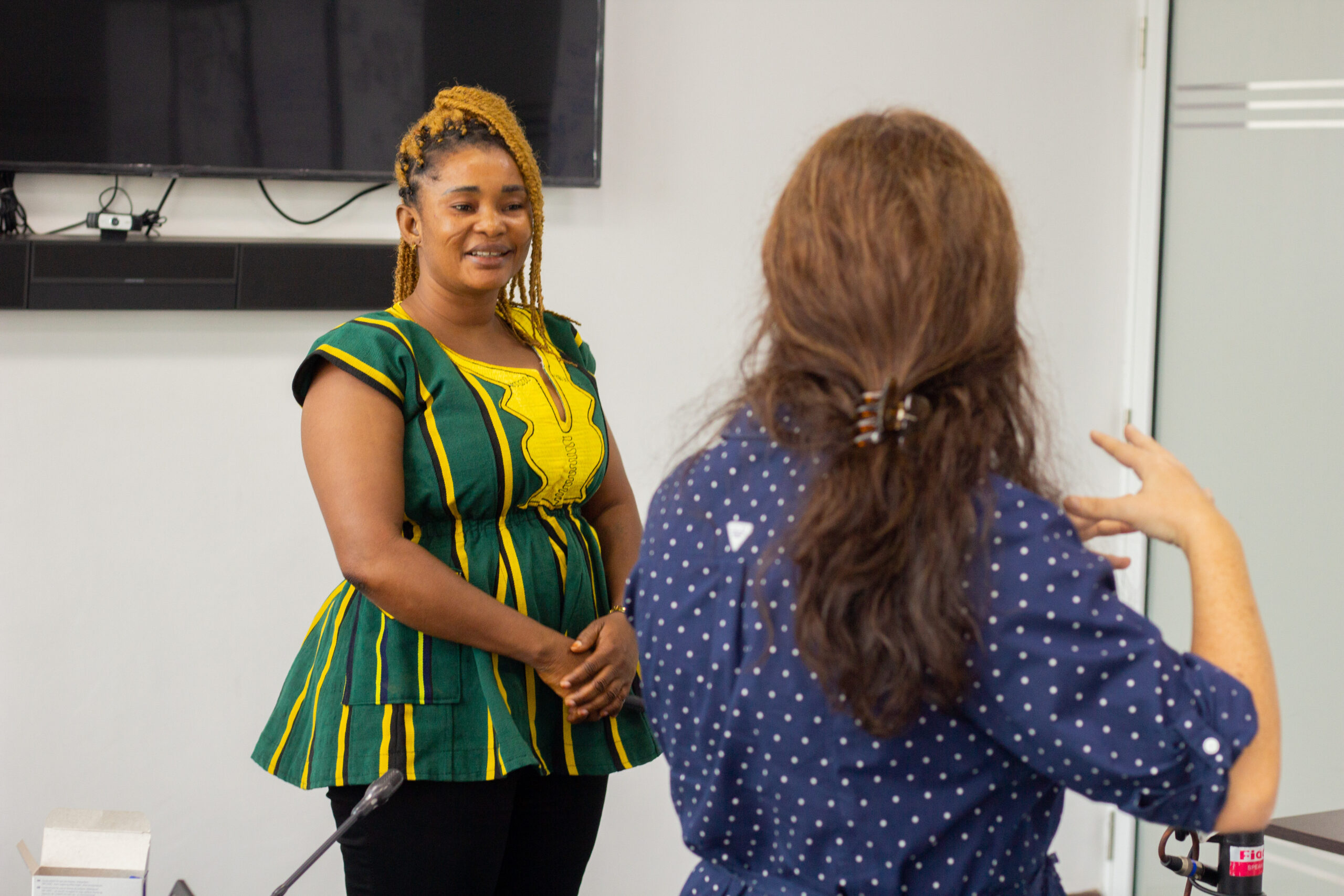
Portia Gban, Ghana
Portia Gban, Director and Founder of the Sung-Bo Women Empowerment Organization in Ghana, turned to agriculture to find financial independence and she now provides access to machinery for women farmers in her community. Portia works with 1,200 farmers, including 1,100 women and 800 youth. She intentionally chose to work in the soya bean, maize, and shea butter value chains as a way to create year-round employment for farmer members (a luxury not afforded by many crops). Portia is guided by the advice of her grandfather, who told her: “If you educate a woman, you educate a nation, but if you educate a man, you educate one person.”
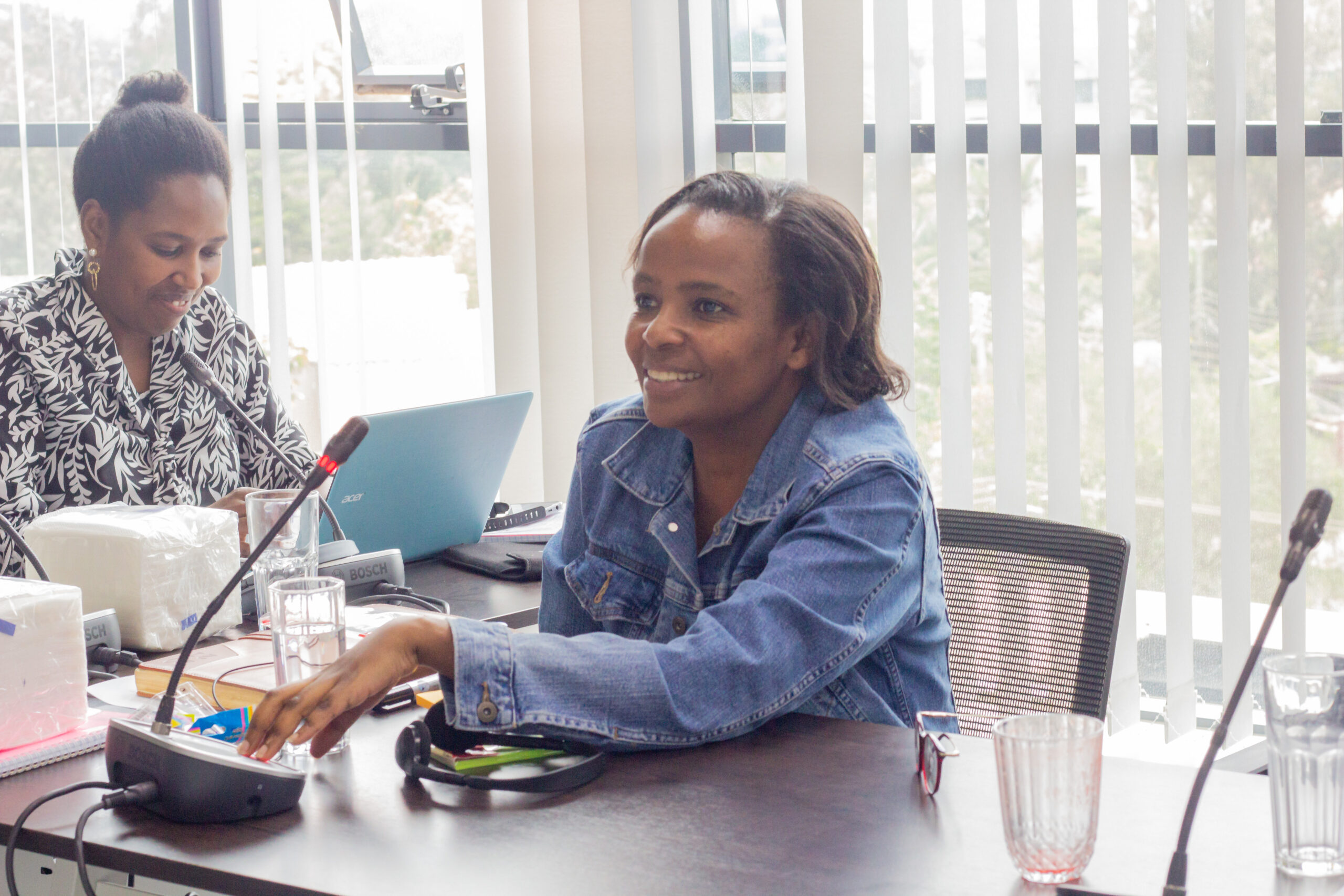
Mary Muhara, Kenya
Mary Muhara established The Village Nut Company in Kenya with her siblings, taking inspiration from their parents who were both local teachers. Mary saw the young men of her community struggling with violence and crime and she and her siblings wanted to create opportunities for them by providing jobs. Mary embraces positive masculinity in the organization, allowing the men and women of the business to root for one another’s success. This mutual respect has improved gender relations within The Village Nut and the community. With help from Root Capital’s Advisory Services team, Mary and her siblings have grown the business, implementing training programs for youth, as well as offering incentives like an on-site childcare center. Mary believes in the power of family businesses to close the gender gap, focusing on support between brothers and sisters.
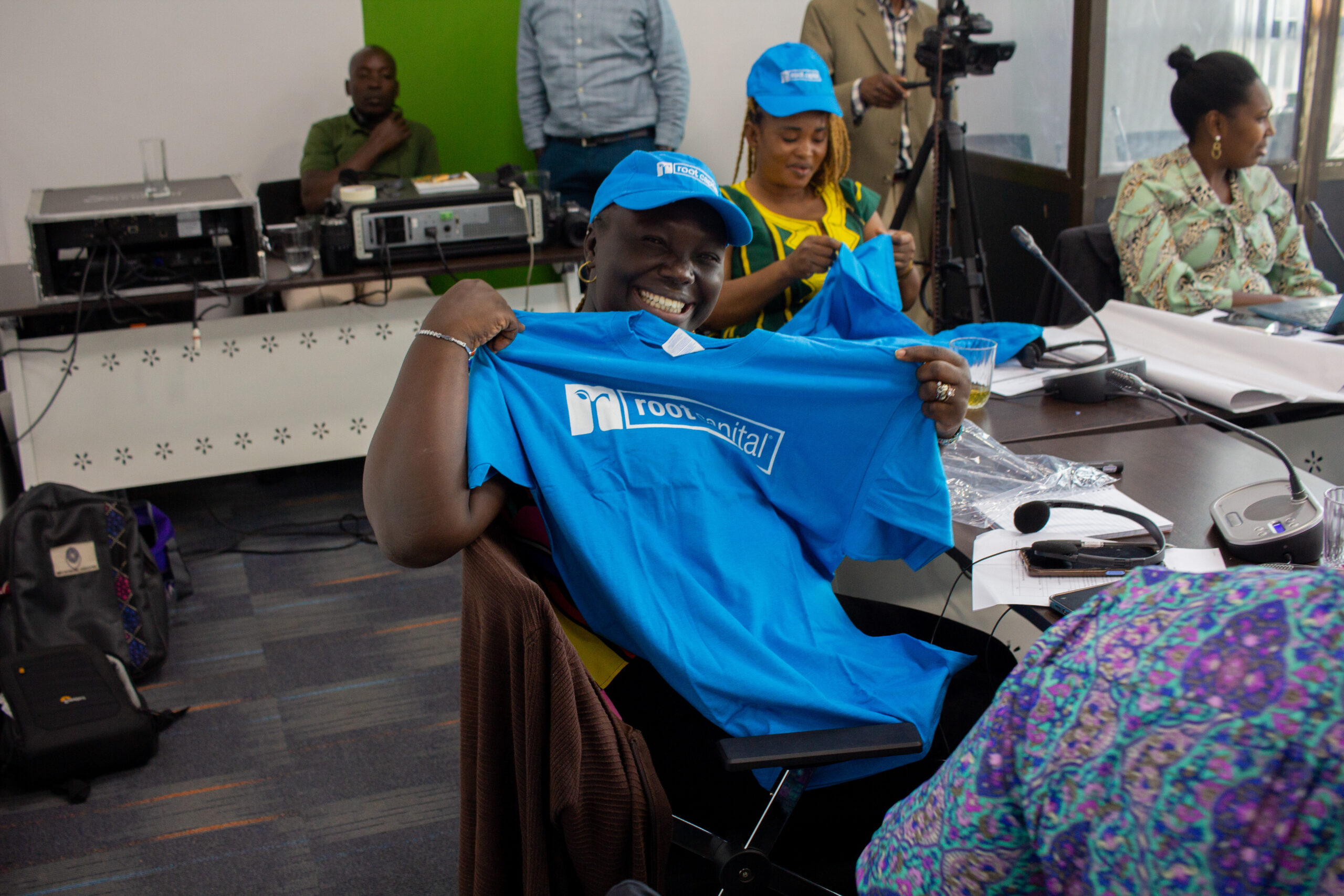
Marcelline Budza, Democratic Republic of the Congo (DRC)
Marcelline Budza founded the organization Rebuild Women’s Hope in the DRC. She considers herself a human rights champion for women, reminiscing on her own experiences being raised by a single mom. She could not understand why women, the main cultivators and harvesters of coffee, were excluded from the point of sale, which was exclusively handled by men. She believes women agricultural business leaders play a major role in educating the community about sustainable agriculture and the agricultural value system. Marcelline is furthering gender equity in the DRC by offering reading and writing classes for women. These skills allow women to track their productivity during the day and calculate their income. She currently works with more than 3,000 farmers, 70% of whom are women.
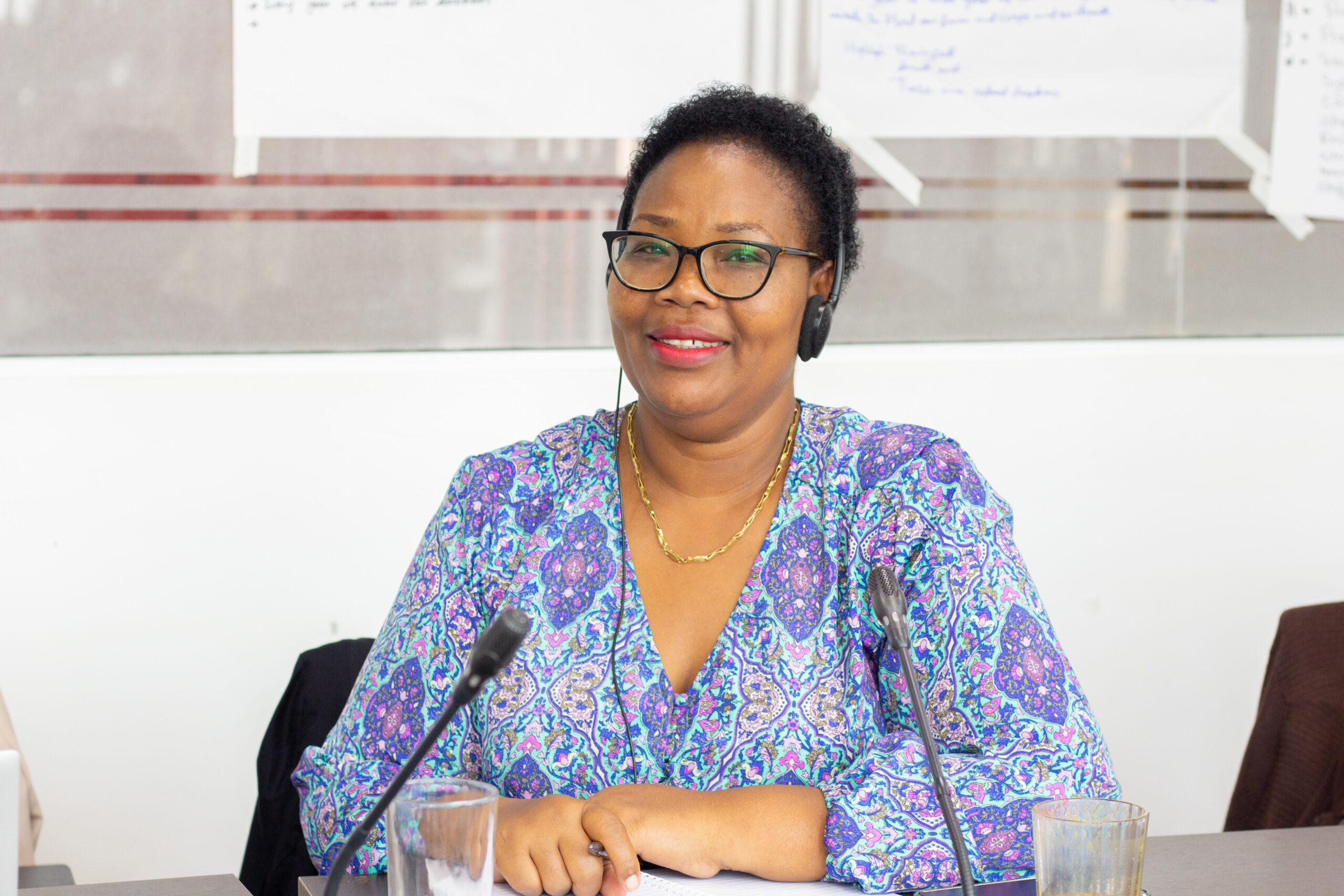
Agnes Mukamushinja, Rwanda
Agnes Mukamushinja and her husband established NOVA Coffee in Rwanda in 2015. She sells “coffee de mama”-which is produced, processed, and packaged by women-on the international market. NOVA Coffee now works with 2,800 local farmers, using loans and grants from Root Capital. Agnes feels passionately about aiding women in her community since she has a large family consisting of many women and she thanks Root Capital for being “a constant partner” to her women-led business.
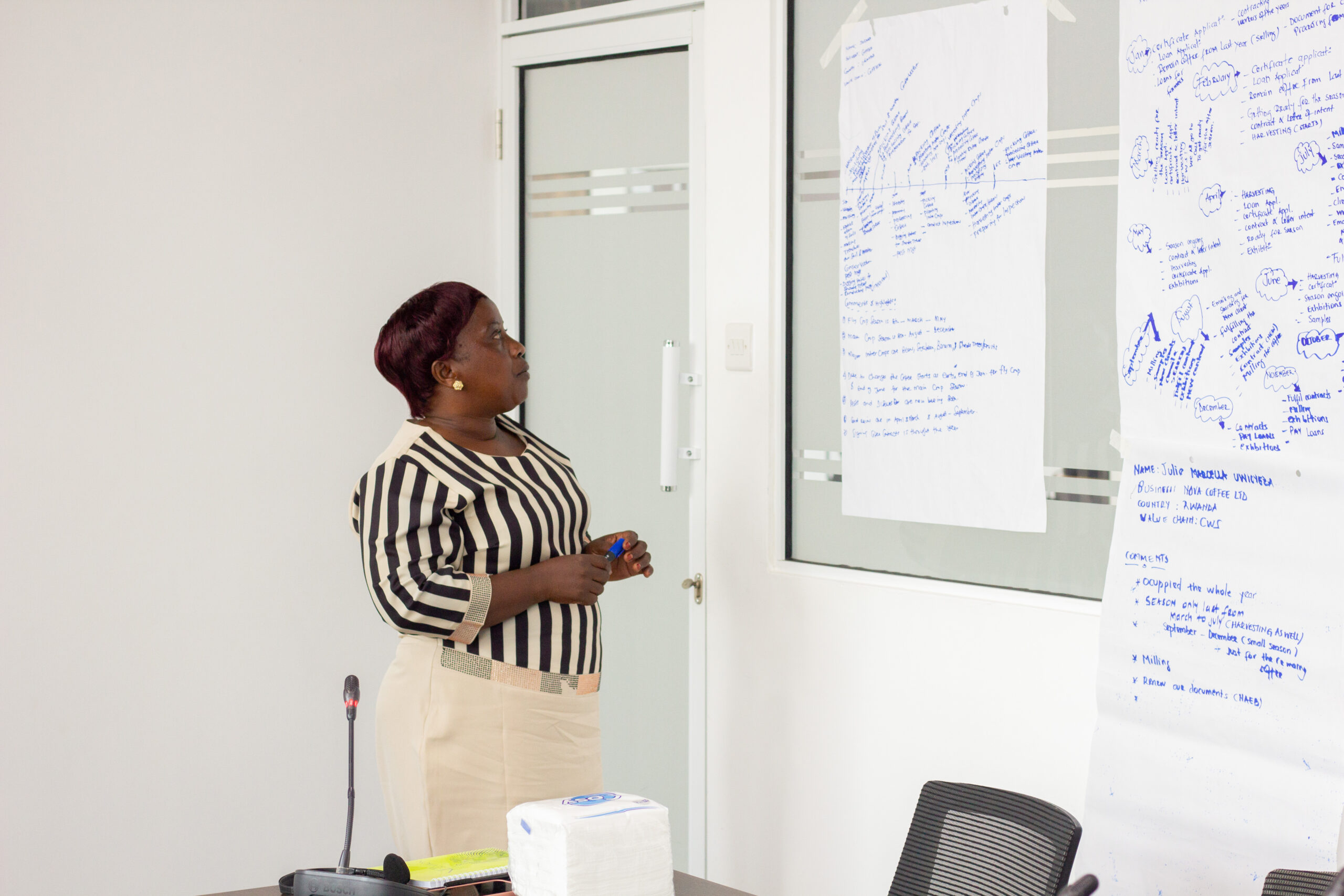
Josinta Kabugho, Uganda
Josinta Kabugho, Director at the Bukonzo Organic Farmers Cooperative Union (BOCU) in Uganda, began her cooperative with a group of 550 farmers. Today, BOCU has more than 4,000 farmers. Recently, Josinta has been focused on navigating pest issues heightened by climate shifts. The fly season in Uganda can decimate crops, and the season has lengthened due to the changing climate. However, with the help of partners, like USAID and Root Capital, Josinta is overcoming these challenges. As Josinta knows: “Finding the right partners are key for growth.”
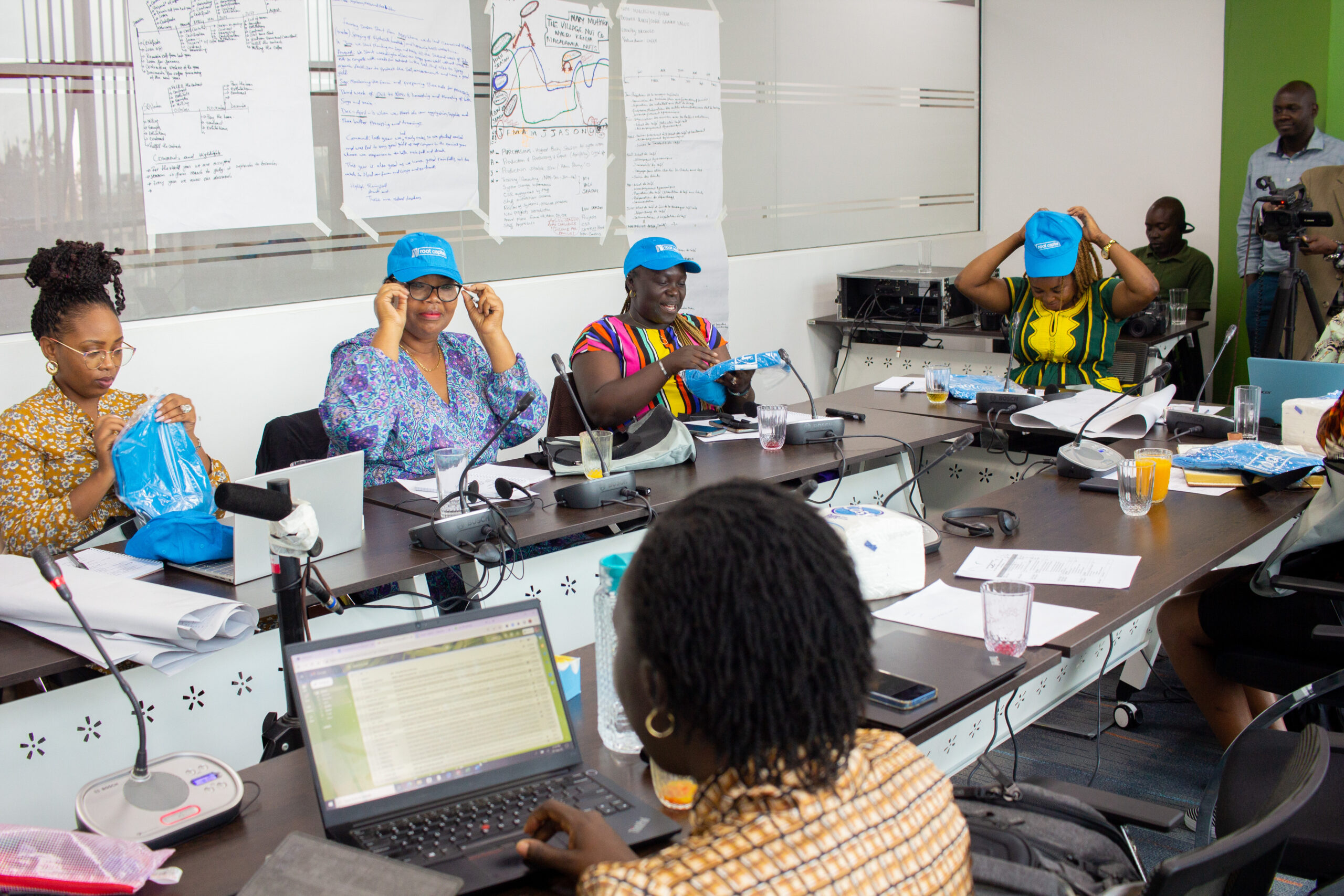
What’s Next for the Women’s Council?
During the convening, Mary Muhara noted that the women were “rising from the pain of [their] past to do better in the larger community to bring change.” The founding members of the Women’s Council made commitments to implement concrete changes furthering gender inclusion in their businesses over the next year. And Root Capital will continue to provide them with credit and capacity to reach their goals. By creating a space for women leaders in agriculture to share their personal and professional learnings, we are hopeful that these women leaders can support one another and continue to strengthen and scale their agricultural enterprises.
We’d like to thank the Wagner Foundation, a long-standing WAI supporter, for generously funding this convening.
You may also be interested in...
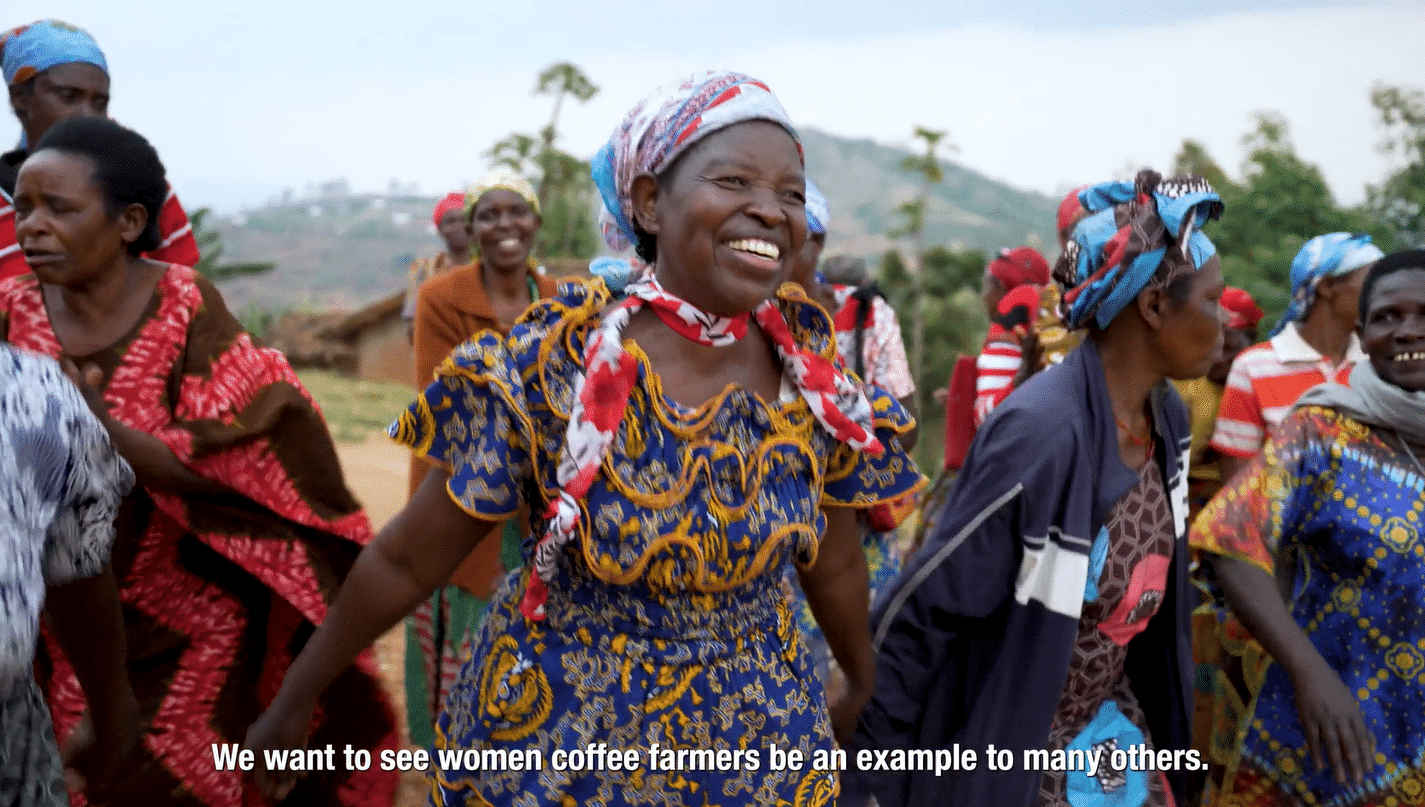
VIDEO: Celebrating 10 Years of Our Women in Agriculture Initiative
Approximately, 2.5 billion people worldwide rely on small-scale agriculture for their livelihoods. Most of them live
Date:
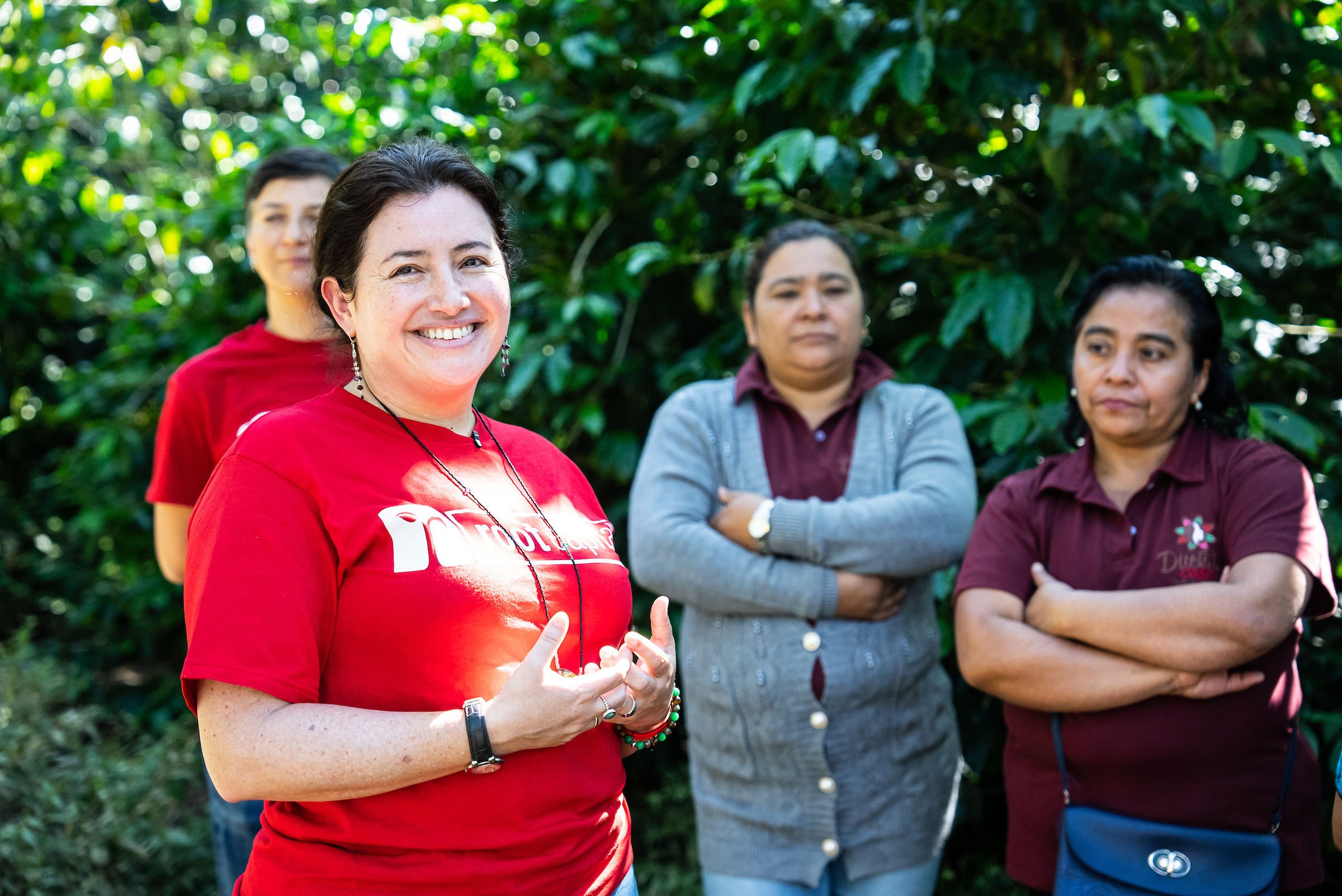
Closing the Gender Gap in Agricultural Finance: A Shared Commitment
Thirty-six percent of women globally and more than sixty-five percent of women in regions such as sub-Saharan Africa and South Asia earn their living from the agriculture sector. Yet, women receive only seven percent of total agricultural investment…
Date:
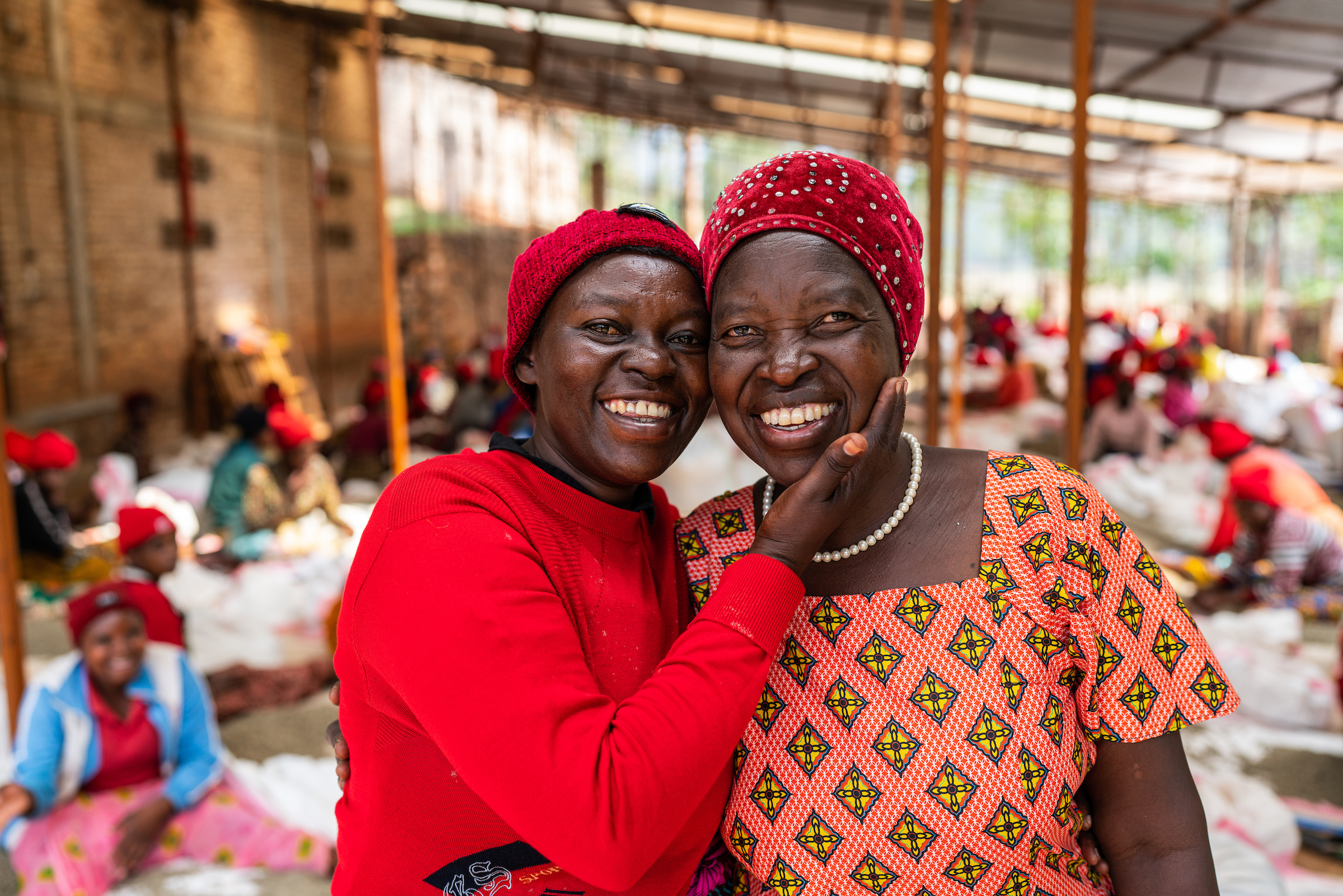
Announcing Our New Women in Agriculture Annual Report
Women members of Koperative Abahuzamugambi Ba Kawa (Maraba), a coffee cooperative in Huye District, Rwanda. Photo
Date:

